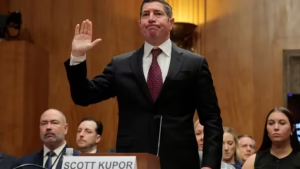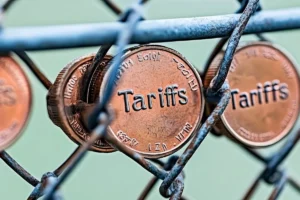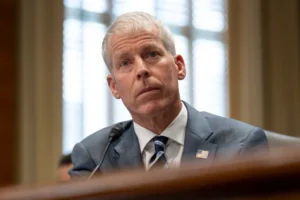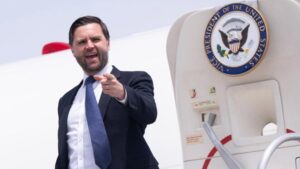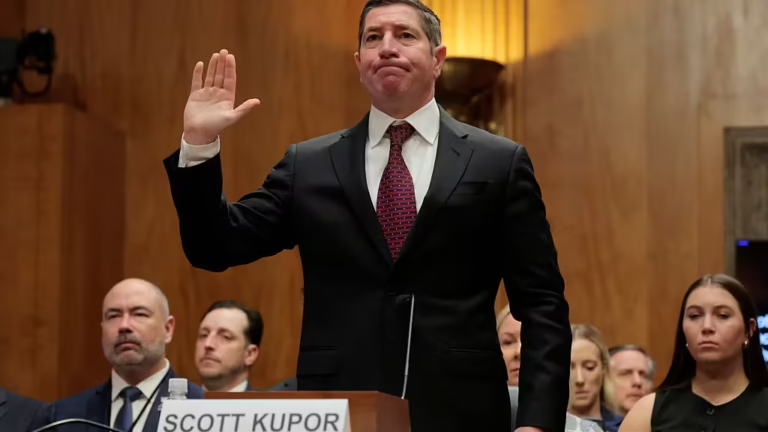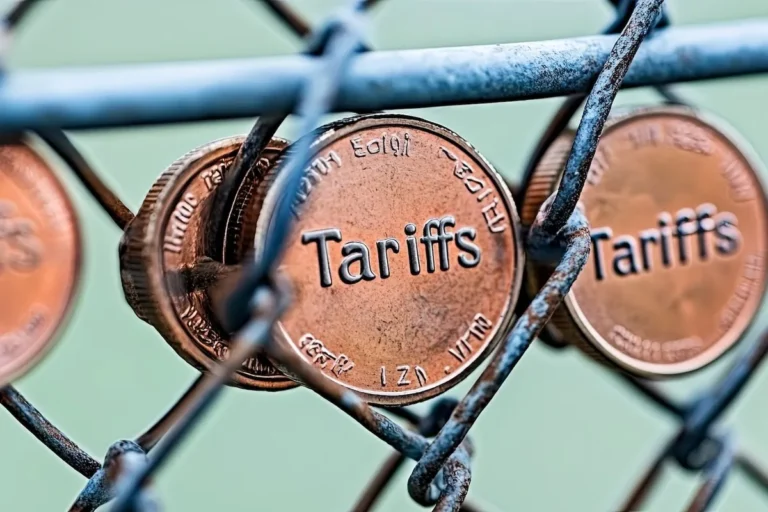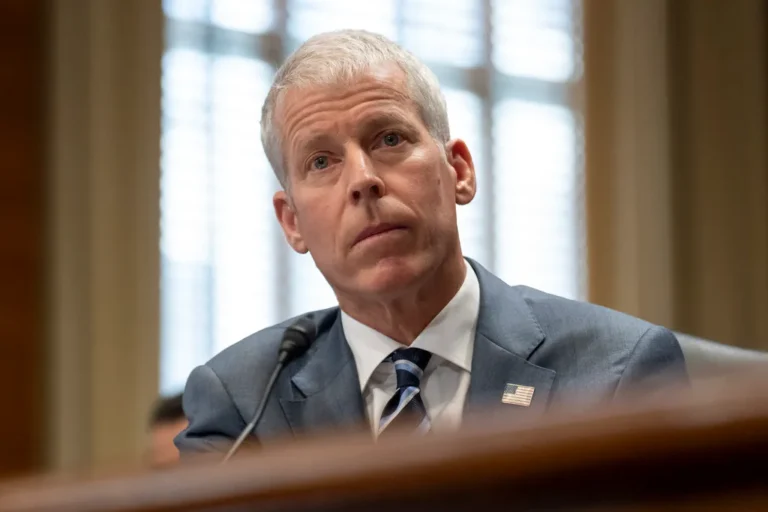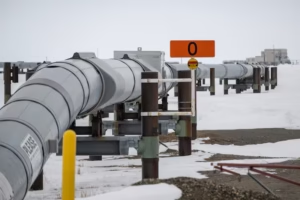A Bold Move from the Self-Proclaimed Peacemaker
Trump Risks Global Fallout, President Donald Trump, who returned to the White House on the promise of bringing peace, has instead taken a bold and dangerous step. With a sudden strike on three of Iran’s nuclear sites, Trump has pulled the United States directly into the volatile conflict between Iran and Israel.
In a national address from the White House, flanked by Vice President JD Vance, Secretary of State Marco Rubio, and Defense Secretary Pete Hegseth, Trump declared the military operation a “spectacular success.” Yet, the world watches anxiously to see what comes next.
Escalation in the Middle East
Trump’s televised speech came just hours after announcing the airstrikes on social media. He claimed the strikes were necessary to prevent Iran from becoming a nuclear power and insisted they would create a pathway to lasting peace. Iran, however, downplayed the damage, stating only minor impacts to its fortified Fordo site.
Still, Trump issued a clear warning: Iran must abandon its nuclear ambitions, or it will face “far worse” attacks. He promised any future strikes would come with “speed, precision, and skill,” suggesting more targets are on the table.
Diplomacy Abandoned for Aggression
Earlier in the week, Trump had threatened Iran with a two-week ultimatum to surrender unconditionally. That window was abruptly shortened. Within just two days, the U.S. launched the strikes. Whether the deadline was a negotiating tactic or a failed peace attempt remains unclear.
Steve Witkoff, Trump’s designated peace envoy, had reportedly been engaging in backchannel diplomacy. But the sudden military action raises questions: Did talks break down, or were they never genuine?
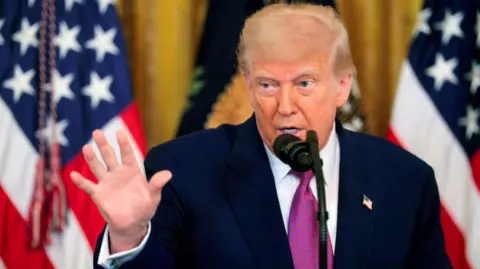
The Risk of Retaliation and Wider War
UN Secretary-General António Guterres warned that the Middle East is “on edge” and that the U.S. strikes could trigger a “spiral of chaos.” Iran’s Supreme Leader Ayatollah Ali Khamenei has promised retaliation if attacked. That retaliation could drag the U.S. deeper into a prolonged and bloody conflict.
Israel has already taken aggressive steps against Iran’s regional influence. Now, with American bombs added to the equation, Iran may feel cornered — and more dangerous.
Uncertain Outcomes and Strategic Gamble
Trump appears to hope that the strikes will force Iran to the negotiating table. However, history suggests that bombing a nation into peace rarely works. If anything, Iran’s resistance may harden.
The danger lies in the potential for the conflict to spiral. If Iran responds militarily, Trump may feel obligated to order additional strikes. If no further action is taken, critics will say he risked global conflict for minimal strategic gain.
Internal Divisions and Political Blowback
Domestically, Trump faces backlash not only from Democrats but also from within his own America First movement. His base largely supported his previous stance of avoiding foreign entanglements. The attack on Iran threatens that non-interventionist image.
Flanking himself with close allies like JD Vance was likely an attempt to show internal unity. Vance, known for his cautious approach to foreign policy, had recently argued Trump remained committed to restraint. That argument may now ring hollow to many of his supporters.
A Defining Moment for Trump’s Legacy
During his first term, Trump took pride in avoiding new wars. He criticized past leaders for dragging the U.S. into endless conflicts. But Saturday’s airstrikes could mark a turning point.
If this attack is the first of many, Trump could face serious political consequences. If it’s a one-time event, he might escape lasting damage. Either way, he has gambled heavily—on both the world stage and at home.
With the Middle East on the brink and global leaders urging caution, the next move may not be his to make. The waiting game begins.
For more latest news checkout our website: usnewsinsight

